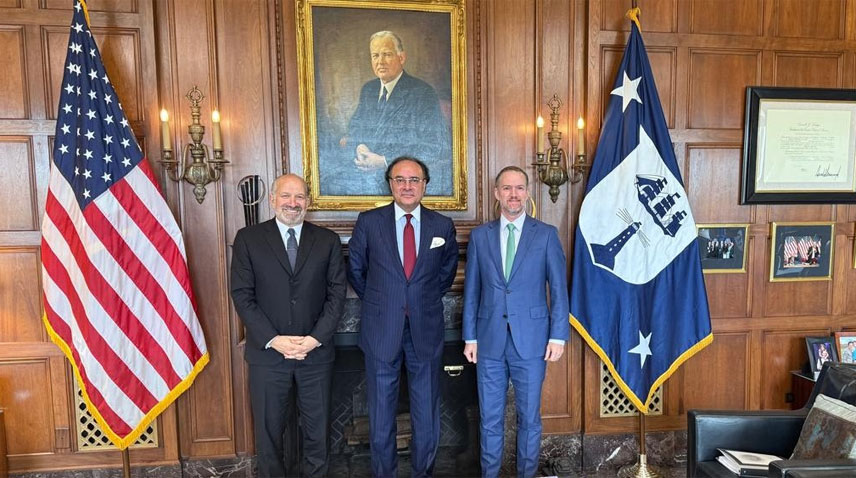Islamabad, June 17, 2025 — Pakistan’s National Assembly and Senate Standing Committees on Finance and Industries have decisively rejected the proposed 18% sales tax on imported solar panels, introduced in the 2025–26 federal budget. The collective opposition reflects mounting concerns over the impact on Pakistan’s rapidly growing solar energy sector.
Finance Minister Muhammad Aurangzeb had proposed the tax under the guise of “leveling the playing field” for local solar panel manufacturing. However, critics argue that Pakistan lacks sufficient domestic production capacity capable of meeting demand.
Panel Observations and Industry Reaction
- Government oversight: Senator Aon Abbas’s Senate panel urged the removal of taxes on local manufacturing while endorsing modest duties on imports — though not at the steep 18% level. Emphasis was placed on fostering a competitive, transparent solar market.
- Sector feedback: Industry leaders stressed that an import tax would raise costs, erode investor confidence, and slow adoption. A joint appeal from Pakistani and Chinese stakeholders called for exemptions on components and assembly machinery to support nascent local production.
Past and Ongoing Audits
Senate Finance sub-committee previously exposed massive trade-based fraud in the solar sector:
- Over Rs 110 billion implicated in money laundering and over‑invoicing via solar panel imports.
- 63 companies identified for Rs 69 billion in suspicious pricing, leading to 13 FIRs and 80 firms under scrutiny.
- Direction given to SBP and FBR to develop mechanisms to curb invoicing fraud and strengthen supply chain verification.
Impact on Pakistan’s Solar Revolution
Rooftop solar and household installations surged dramatically—Pakistan imported around 17 GW in 2024, making it the world’s third-largest importer of Chinese solar panels in the first half of this year. Rapid, grassroots adoption was driven by high electricity tariffs and economic efficiency, rather than state incentives .
Looking Ahead
The government plans to convene further hearings before finalising any tax structure on solar imports. Stakeholder hearings are expected to address tax parity, safeguard investor sentiment, and explore regulatory measures to combat trade fraud. Parallel initiatives include policy drafts for local manufacturing incentives and improved oversight protocols.

#SolarEnergyPakistan #ImportTaxDebate #RenewableEnergy #Budget2025 #SolarPanelImports
















